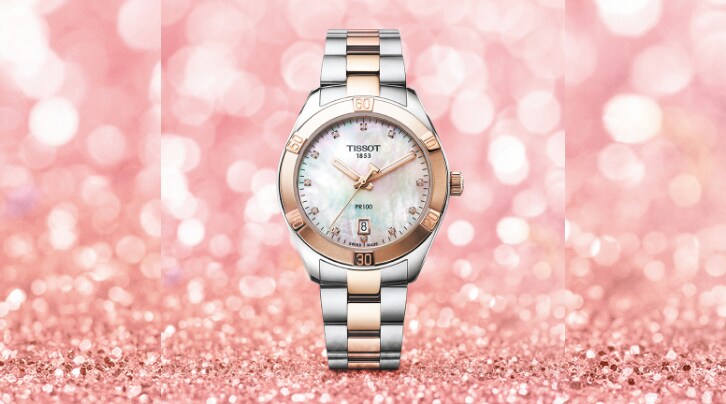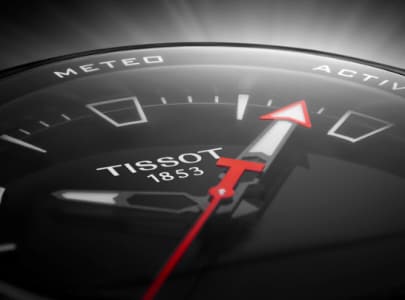For once, this is a question that partly answers itself.
Think about it: if you were asked whether scooters or cars needed servicing, your answer would obviously be yes.
The battery of a watch, as with any battery-run machine or device, can deteriorate fairly quickly when left unused or discharged (which can in turn damage the watch, its movement, components and even the screen or case). Corrosion and acidity can ruin machines as delicate and fragile as wristwatches. It’s worth knowing that when a quartz watch is in operation, the electricity supplied by the battery makes the quartz crystals contained inside the movement vibrate more than 32,000 times per second. Suffice to say they have to withstand a fair amount of strain.
At the very least, having your quartz watch serviced every two years is highly recommended. Typically, a watch battery has a lifespan of 18 months, but it’s worth making sure you change it in plenty of time because once the battery is flat, the regular functions – and therefore precision – of your watch will be affected.
This is a good opportunity to have the seal of your watch checked in order to ensure that no microdroplets of water can find their way into the case, which would also wreak havoc.
Servicing a watch entails several different steps: the watch is cleaned and the functionality of the battery, movement and various other major components are checked. Then the functions of the watch are checked and adjusted and the face cleaned. The strap can also be cleaned and a polish can be arranged upon request. You should be given an estimate of costs before any work is carried out, as well as a guarantee of the watch’s functionality after the service.
You should never skip servicing quartz watches just because they are cheaper than their mechanical counterparts. A lack of maintenance, especially after an extended period at the back of a drawer or several years without use can lead to irreparable damage to the movement. At this stage it becomes necessary to change all the main (and therefore most expensive) parts. Otherwise, nothing unexpected usually comes up during a service. The cogs in quartz watches don’t wear very quickly and there is no excessive strain on the bearings or pivots or springs that break without warning. Repairs are therefore fairly straightforward.
Changing your own watch battery may seem like child's play, but it can be very dangerous for the reasons mentioned above, in particular if the case isn’t properly closed afterwards. Take your watch to a watchmaker to make sure it’s opened – and above all closed – properly to ensure it retains any waterproof properties it has. Otherwise, your watch will no longer be under guarantee and you’ll find it more difficult to get it repaired.
As far as possible, it goes without saying that your watch should also be protected on a daily basis from shocks, as well as creams and beauty products that can damage the seal, strap or even the case. Anything that could prevent your watch from functioning properly should be avoided, e.g. proximity to electrical devices (due to the magnetic fields they generate), extreme temperatures (whether hot or cold, as they cause the lubricant used in the mechanism to freeze or liquefy and reduce the life of a quartz battery) and immersion in water, however short.
If you spot the slightest amount of condensation forming under the glass or inside the watch, take it to customer services at your watchmaker's as quickly as possible.



